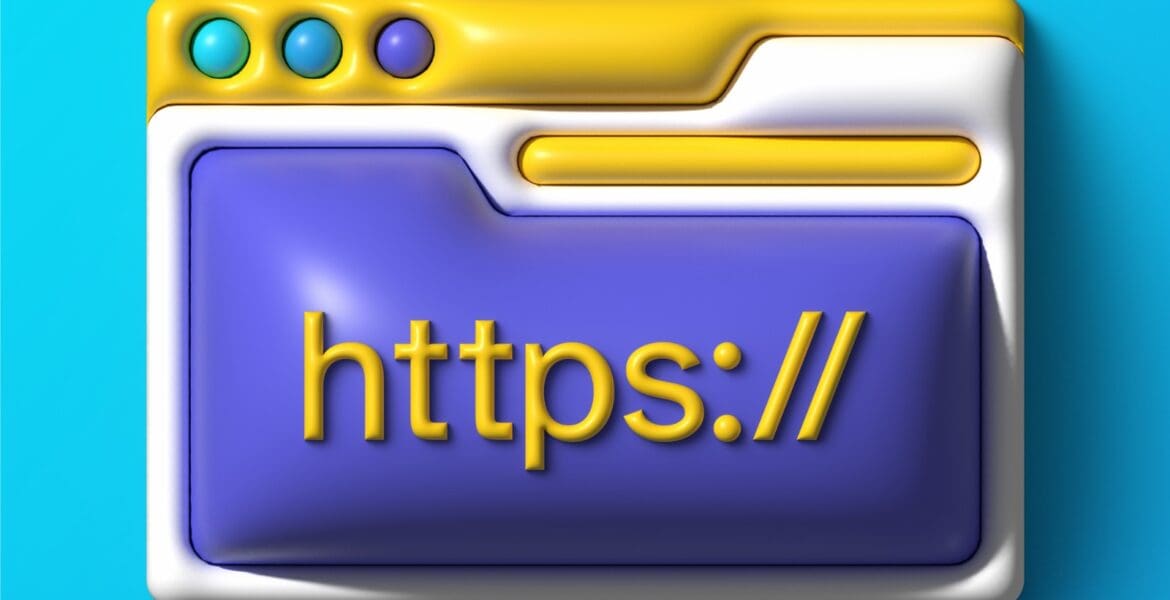A whole new marketing genre has emerged, which has helped brands and businesses reach more people more accurately, and arguably less intrusively.
By Bridget Hoepner, SEO Lead at Incubeta
Can anyone remember a time when you couldn’t use Google?
The power and influence of online search and SEO on our lives cannot be underestimated. Since its launch more than two decades ago, the world has literally been at our fingertips. Meanwhile, a whole new marketing genre has emerged, which has helped brands and businesses reach more people more accurately, and arguably less intrusively.
So fully formed was the concept and execution of the search engine that the basic nuts and bolts of the search landscape has changed little over the years. That is until now, thanks to the rise of generative AI technologies, and in particular ChatGPT, an innovation that has recently exploded onto the scene, causing amazement, incredulity, consternation, and even fear in equal measures. Suddenly, out of nowhere, search has never been more interesting.
Change in the air
For years, the main focus of search has been on the relevancy of results, with SEO experts looking at how well the results page aligns with a user’s intent. But even before ChatGPT emerged, change was in the air, with the industry moving towards optimising search results to create the best possible user experience. For evidence, look no further than Google’s Helpful Content and Product Reviews updates implemented last year.
The former looks likely to have the biggest impact due to its mission of ensuring Google users only see content “by people, for people”, furthering the user-centric direction of the search engine. Instead of SEO results showing content that has been purely designed for ranking well, the Helpful Content update aims to help searchers find high-quality material. The question is what this will mean for AI-generated content. That probably depends on how informative and genuinely useful it is.
The future of search
Of course, with the introduction of Bard, its very own version of ChatGPT launched into the public domain on 21 March 2023, generative AI will clearly play an integral role in Google’s future offering. Meanwhile, Microsoft has consolidated ChatGPT into its search engine Bing, while the openAI innovation also fully aligns with Google’s Helpful Content update. So, what will generative AI mean for the future of search?
These ‘large learning models’ have a remarkable ability to respond to complex questions in a conversational way. They can take instructions and output essays and articles. From a search perspective, they will deliver more interactive responses. Rather than serving up direct web results for informational searches, users will be presented with easy-to-digest formats integrating and supporting information like web links, video and image references, and reviews. This means that the user experience should be greatly enhanced.
ChatGPT vs Bard
What the rise of generative AI also does, especially when more and better versions hit the market, is potentially level the search playing field. So how do they compare?
If you wondered what the GPT in ChatGPT stands for, it’s the Generative Pre-training Transformer 4, which powers the chatbot and provides the knowledge base from which all of its responses are drawn. This doesn’t stretch beyond September 2021, so ChatGPT has limited access to more recent information. Bard, however, culls responses from the internet. This means it will always provide the most up to date information, giving it the edge over its openAI rival.
ChatGPT, meanwhile, can remember previous conversations, with a limit of 3,000 words, but doesn’t draw on them to form responses. Meanwhile, Bard’s ability to retain context is described by Google as “purposely limited for now”, although the search giant stresses this will grow over time. Plus, both companies admit neither chatbots are perfect and may deliver inaccurate, and even offensive, information occasionally.
So, the gloves are off and a new era of search begins – one that looks set to take the user experience to a whole new level. Will Google remain the search giant or will Microsoft or perhaps a new disruptor take its crown? That’s one answer you won’t find in a search… just yet.








